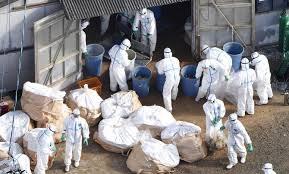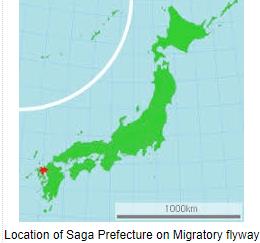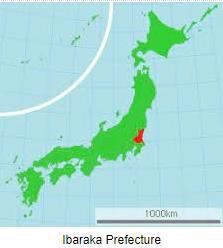On November 25th authorities in the Saga prefecture on the island of Kyushu reported an outbreak of highly pathogenic avian influenza (HPAI) on a farm in Kashima housing 40,000 birds. The report did not specify the serotype of avian influenza, neither the type of chickens housed although presumed to be an egg production flock.

The following day a farm holding 72,000 chickens in Kasama City in Ibaraki prefecture on the Island of Honshu was diagnosed with HPAI.

Appropriate control measures have been implemented including depopulation of the affected farm. In 2022, the first outbreaks of HPAI attributed to H5N1 strain occurred in late October in Okayama prefecture. Ultimately, the epornitic involved 26 prefectures and required depopulation of 17.7 million chickens. If the outbreak follows the pattern of 2022, egg prices will rise sharply and it is possible that importation will be required from the E. U. and hopefully, the U. S. now that the tariff rate is similar and U. S. exporters are not at a disadvantage.

Recently, the AEB conducted a trade mission to South Korea and Japan generating contacts among importers and chain stores. Should exports of shell eggs in Japan increase, it is fortuitous that the trade mission preceded an outbreak of HPAI. Japan is the largest importer of U.S. egg products receiving 8,354 metric tons valued at $40.3 million during the first nine months of 2023. Exports of egg products to Japan increased by 22.8 percent in volume and 27.9 percent in value compared to the corresponding first nine months of 2022.